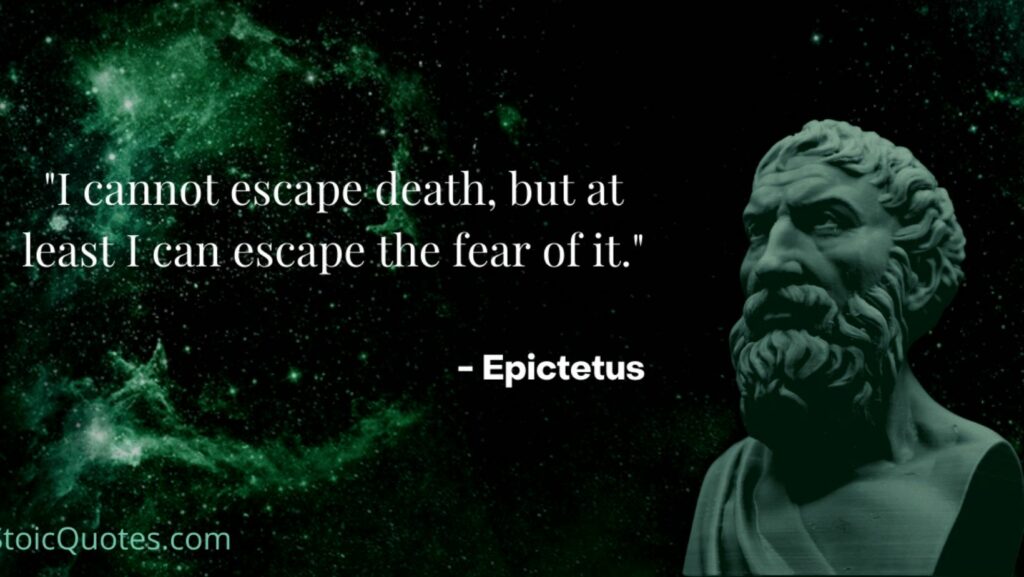
What is the Purpose of Life Philosophy
In the quest for meaning and fulfillment, many turn to the age-old question: what is the purpose of life philosophy?
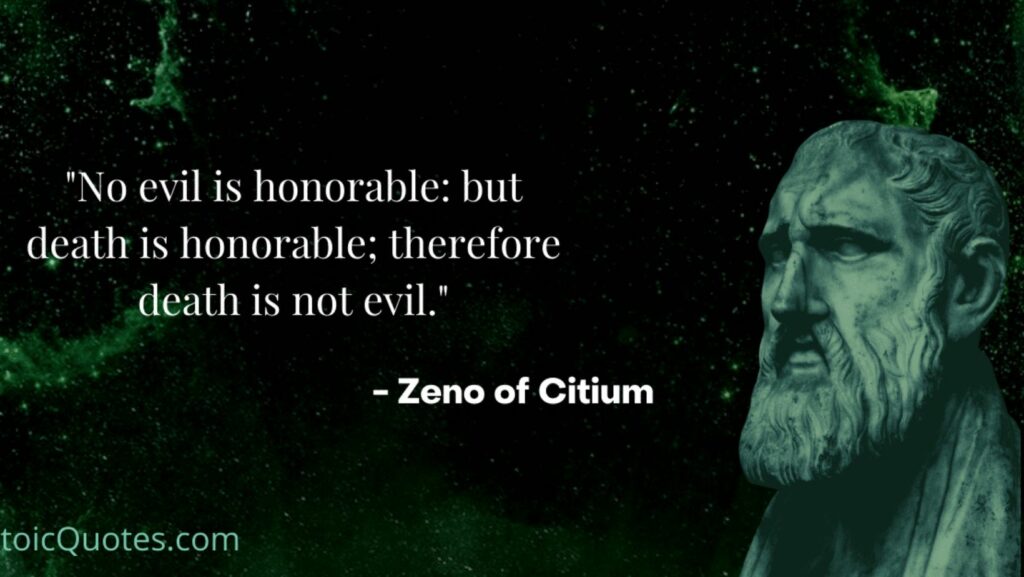
Philosophy, with its deep-rooted exploration of existence and values, offers a unique lens through which to ponder this profound inquiry. It’s not just about seeking answers, but about embracing the journey of introspection and contemplation that comes with delving into life’s purpose.
From the ancient teachings of Aristotle to the modern interpretations of existentialism, what is the purpose of life philosophy – the philosophy of life’s purpose has evolved over centuries, shaping our understanding of self, society, and the universe. By examining different philosophical perspectives on the purpose of life, one can gain insights that may illuminate their own path and bring clarity to the complexities of human existence.
Exploring the Purpose of Life Philosophy
When delving into the purpose of life, philosophical insights offer a profound lens through which to contemplate this enduring question. Philosophy, spanning from ancient wisdom to contemporary ideologies, provides a unique framework for individuals to navigate the complexities of human existence.
Historical Perspectives on Human Existence
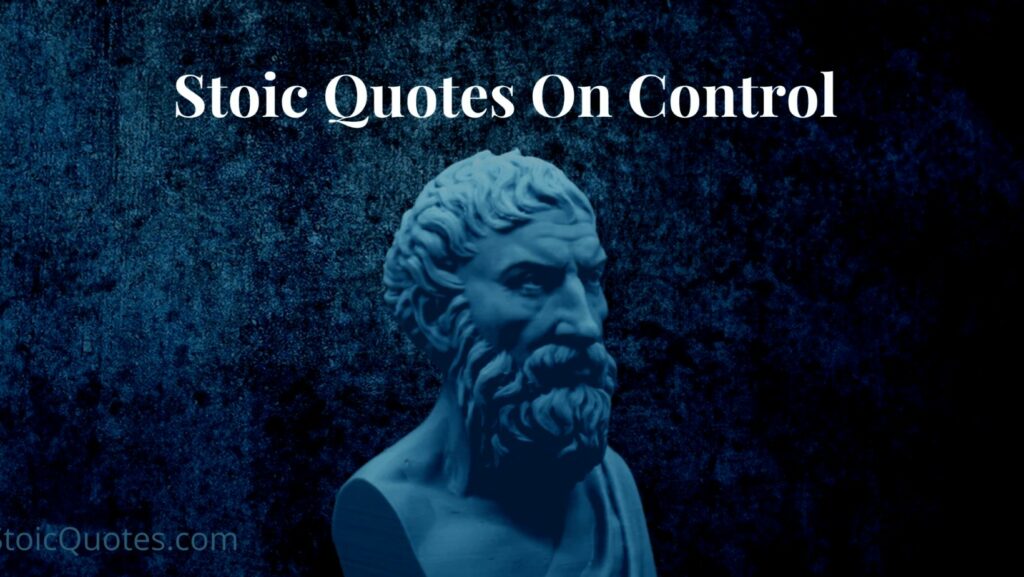
Examining historical viewpoints on human existence unveils a rich tapestry of philosophical contemplation through the ages. From the profound musings of ancient Greek philosophers like Socrates, Plato, and Aristotle to the existential ponderings of thinkers like Jean-Paul Sartre and Albert Camus, each era has contributed unique perspectives on the meaning and purpose of life.
Major Philosophical Thoughts
Exploring major philosophical thoughts reveals a diverse spectrum of interpretations regarding the purpose of life. Whether contemplating Eastern philosophies such as Buddhism and Taoism, which emphasize spiritual enlightenment and harmony with the universe, or Western philosophies like existentialism and utilitarianism, which focus on individual choice and maximizing overall well-being, each school of thought offers distinct insights into the fundamental questions of human existence.
Key Philosophers and Their Contributions
Exploring the insights of key philosophers sheds light on the profound contemplations regarding the purpose of life. From ancient Greek thinkers to modern-day existentialists, each philosopher has contributed unique perspectives to this age-old inquiry.
Socrates and the Examined Life
Socrates, a foundational figure in Western philosophy, championed the idea of the examined life. He believed that true wisdom comes from questioning oneself and others, emphasizing introspection as a path to self-discovery and meaningful existence. By encouraging individuals to reflect on their beliefs and values, Socrates advocated for a life guided by reason and self-awareness.
Nietzsche and the Concept of ‘Will to Power’
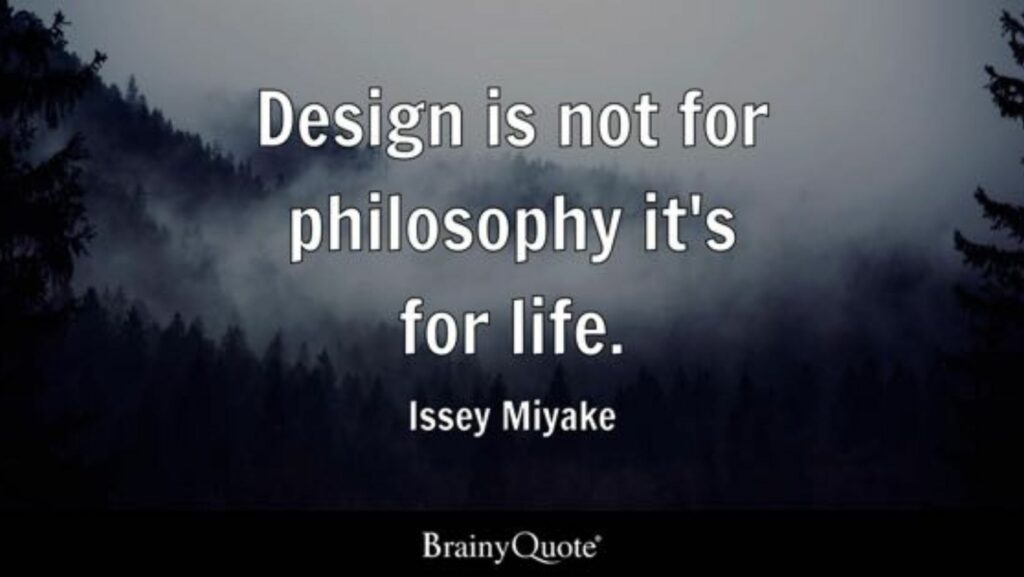
Friedrich Nietzsche, a provocative philosopher of the 19th century, introduced the concept of the ‘will to power.’ He argued that human actions are driven by a desire for power and self-realization. Nietzsche challenged traditional moral values and envisioned a world where individuals embrace their inner drives and create their own meaning in a seemingly indifferent universe. His philosophy sparked debates on individual freedom and the pursuit of personal fulfillment.
Existentialism and Finding Individual Meaning
Existentialism, a philosophical movement of the 20th century, delves into the search for individual meaning in a seemingly chaotic world. Thinkers like Jean-Paul Sartre and Albert Camus highlighted the importance of personal choice, responsibility, and authenticity in shaping one’s life. Existentialism posits that individuals are free to define their own existence through their actions and decisions, emphasizing the quest for authenticity and personal significance in a universe devoid of inherent meaning.
Modern Interpretations and Psychological Views
Exploring modern interpretations and psychological views on the purpose of life adds another layer to the philosophical discourse. It considers how contemporary perspectives intertwine with traditional philosophies to shape our understanding of existence.
The Role of Happiness and Well-being
Happiness and well-being have become central themes in contemporary discussions about life’s purpose. Psychologists like Martin Seligman have emphasized the importance of positive emotions, engagement, relationships, meaning, and accomplishments in fostering a fulfilling life. This perspective shifts the focus from mere survival to the pursuit of happiness as a fundamental human goal.
Contributions from Positive Psychology
Positive psychology, a branch of psychology that focuses on human strengths and virtues, offers valuable insights into the purpose of life. By studying factors that contribute to a flourishing existence, positive psychology sheds light on how individuals can lead meaningful lives. Concepts like gratitude, resilience, and optimism are explored to understand how they influence well-being and overall satisfaction with life.
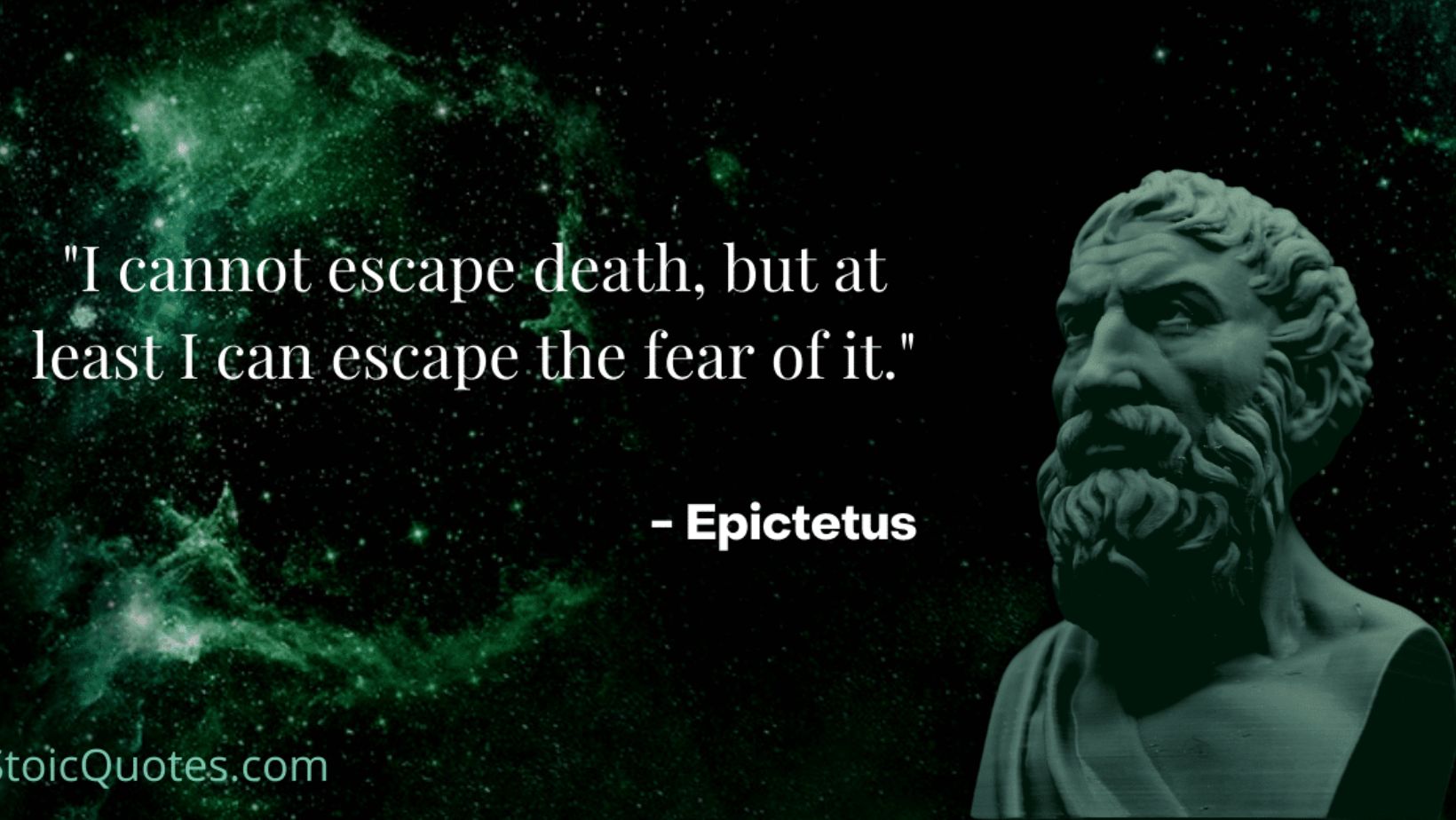
Leave a Reply